Creating a New Subclass¶
After Hominoid is created, click to highlight it in the taxonomy window. Then click the Create new subclass button in the taxonomy window, as shown in Fig. 156.
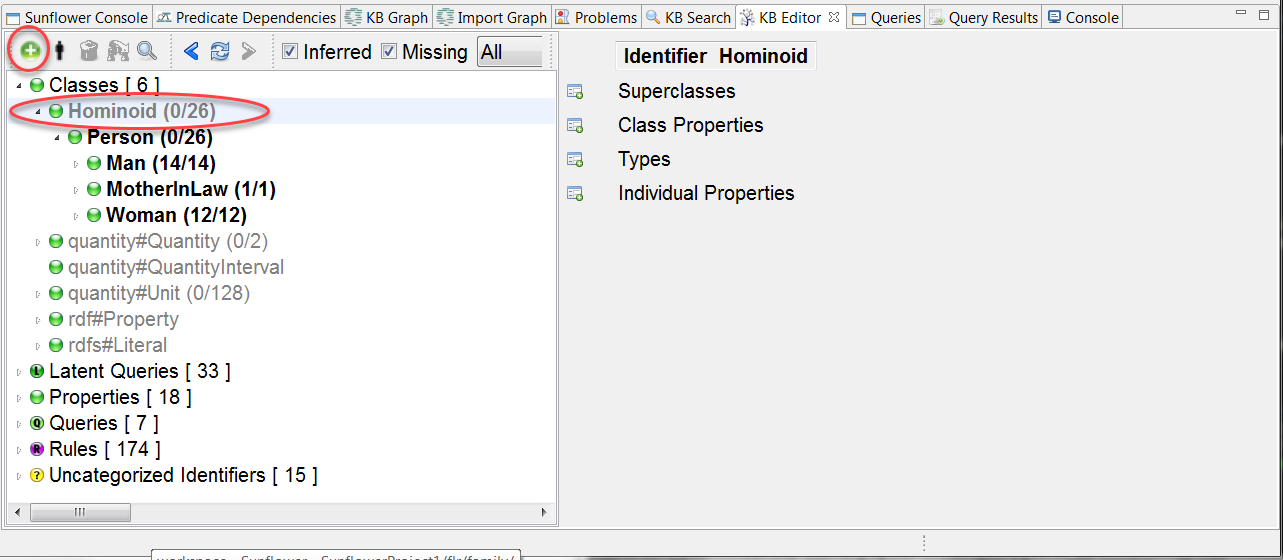
Fig. 156 The Create new subclass button for adding a subclass to Hominoid
A dialog box pops up asking for the name of the new subclass to be created. A pull-down menu with existing subclass names is available for easy reference, as seen in Fig. 157.
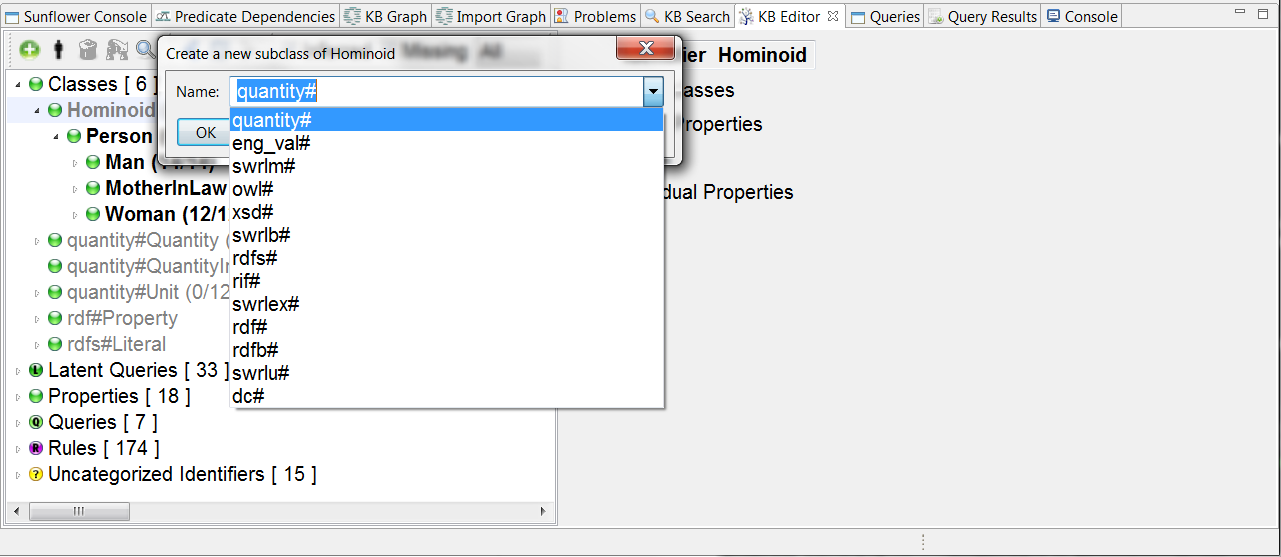
Fig. 157 Create new subclass dialog prompting user for name of new subclass
Click in the Name field of the dialog box to enable the field for edit. Type in Chimp and click OK. Chimp now appears in the taxonomy tree as a subclass of Hominoid. The Text Editor also shows that Chimp :: Hominoid [||] is added to family.flr. These can be seen in Fig. 158.
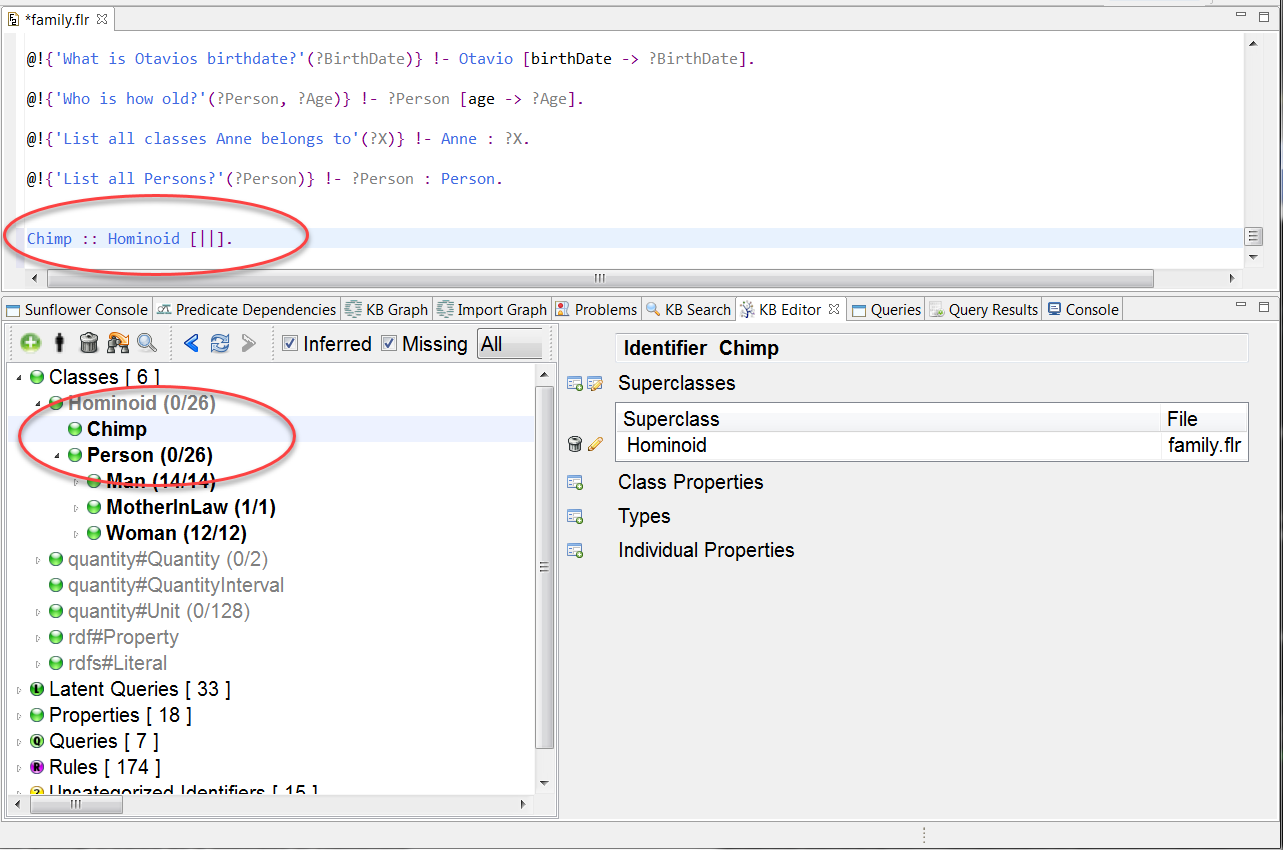
Fig. 158 Chimp created as a subclass of Hominoid
One thing to note is that after adding a class to the KB, removing it may require some manual effort. This is because while the definition of a class can be removed cleanly, its usage may span multiple files. One way to completely remove a class is to make use of the KB Search capbility from within the KB Editor. To see how this is done, save family.flr to permanently keep the changes made. This can be done by using File > Save or by clicking the Save button in the main navigation menu, as shown in Fig. 159. Once the file is saved, the * in the family.flr tab should disappear.
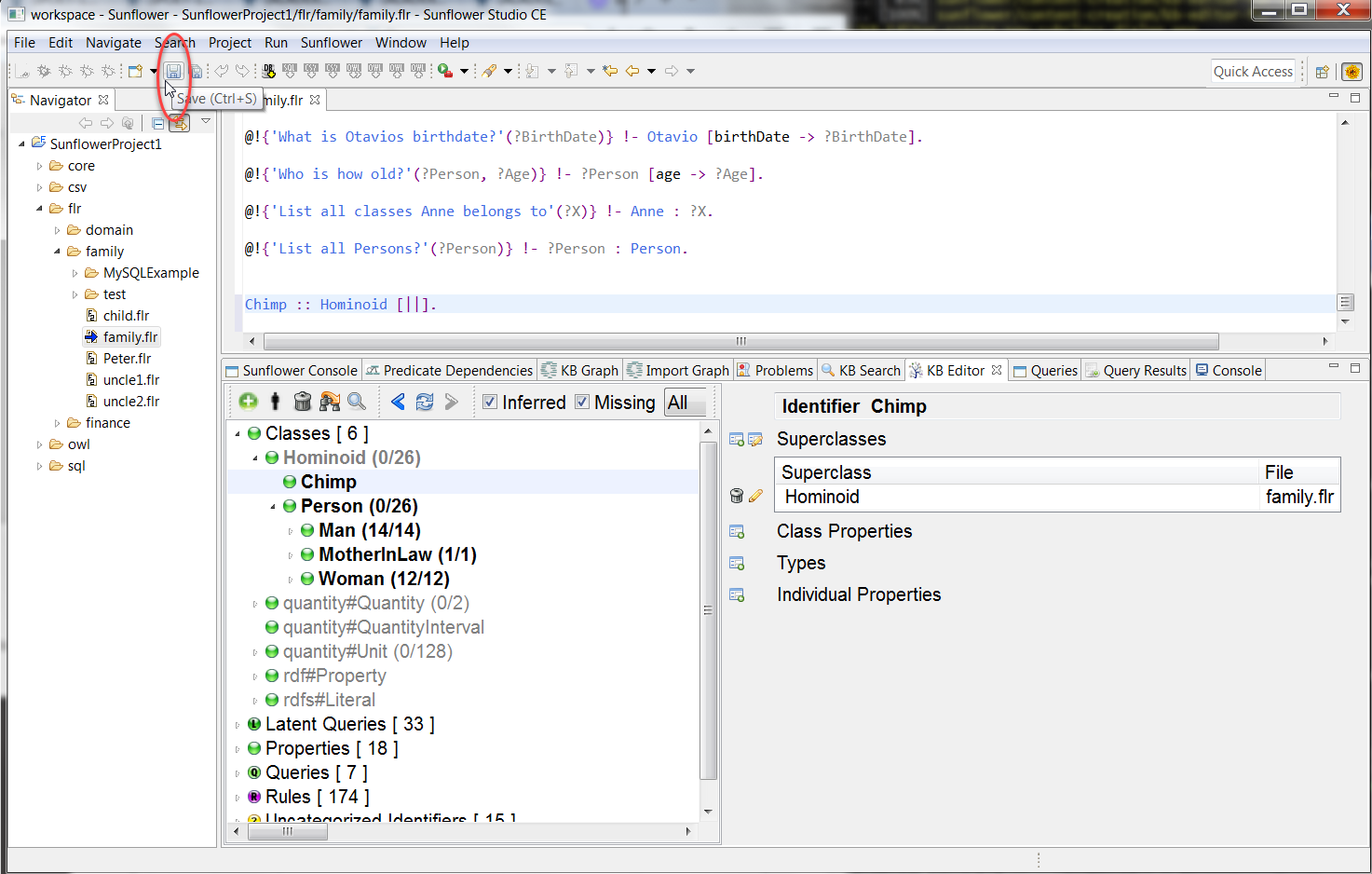
Fig. 159 The Save button from the main navigation menu
Click and highlight class Hominoid in the taxonomy window, and select Find in KB Search from the right-click menu. This produces a list of all occurrences of Hominoid in the KB, as shown in Fig. 160.
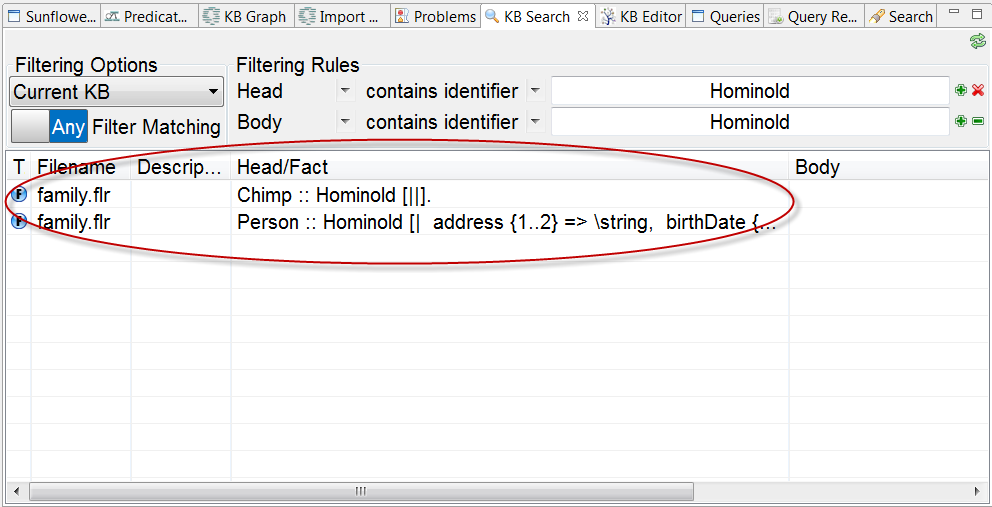
Fig. 160 Find in KB Search returns a list of Hominoid occurrences in KB
Click and highlight an occurrence in the list. This loads the corresponding .flr file into the Text Editor as well as highlighting the occurrence in the file, as shown in Fig. 161. By clicking each search result in turn, all occurrences of Hominoid can be removed manually using the Text Editor.
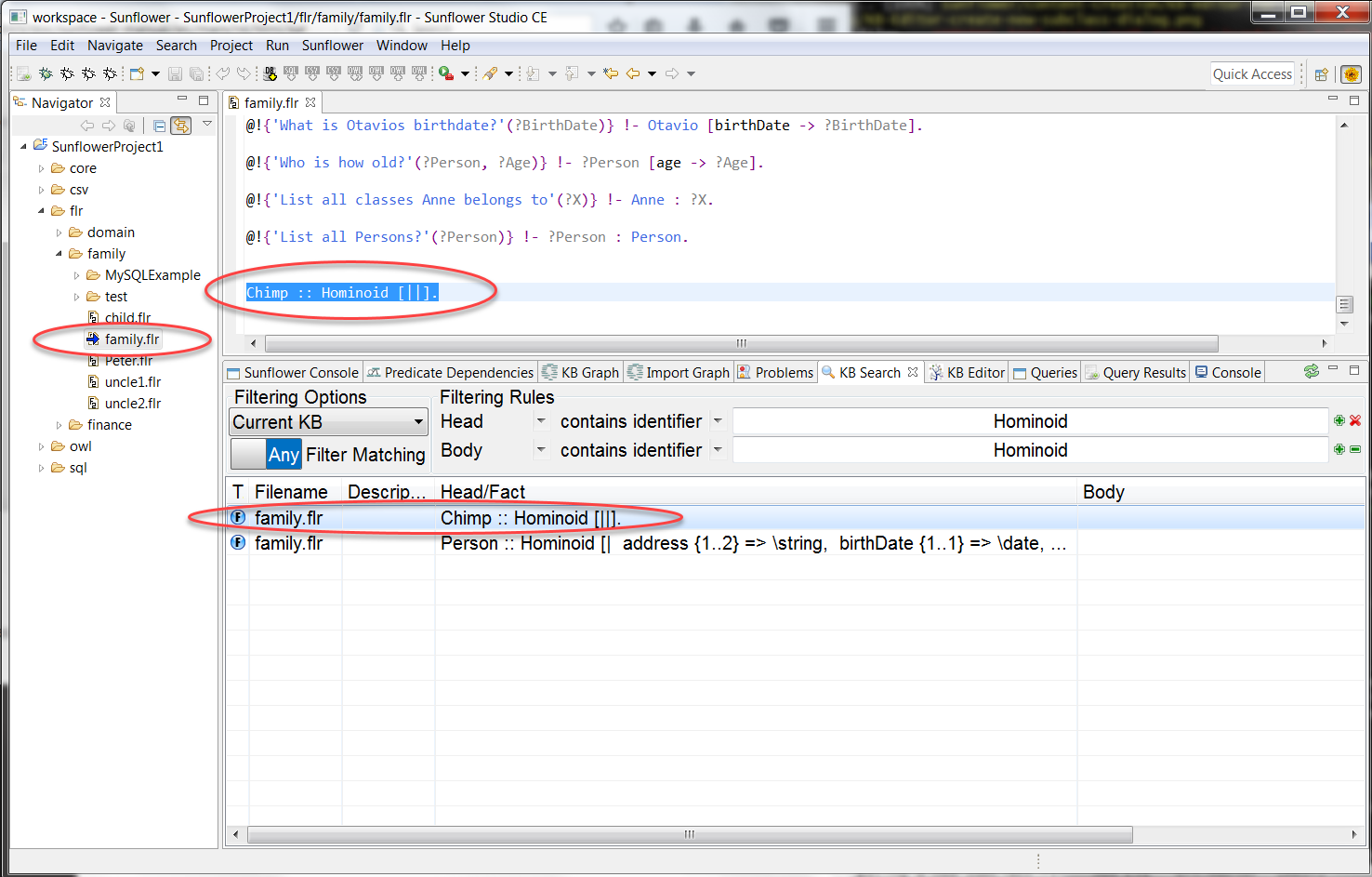
Fig. 161 Click to select a search result loads corresponding .flr file and highlights occurrence in file